Researchers in Lancaster Chemistry Department work in state-of-the-art laboratories with access to cutting-edge analytical equipment.
Our research spans three over-arching themes of energy, materials and health. In each of these themes we are working to develop new chemical solutions to address societal and environmental challenges. Researchers work within five cross-cutting research groups which reflect the skills and expertise of our academic staff.
We collaborate with colleagues from across the University, actively engaging in research alongside Lancaster Environment Centre, the School of Engineering, and the Faculty of Health and Medicine, as well as partners from a range of companies and institutions internationally.


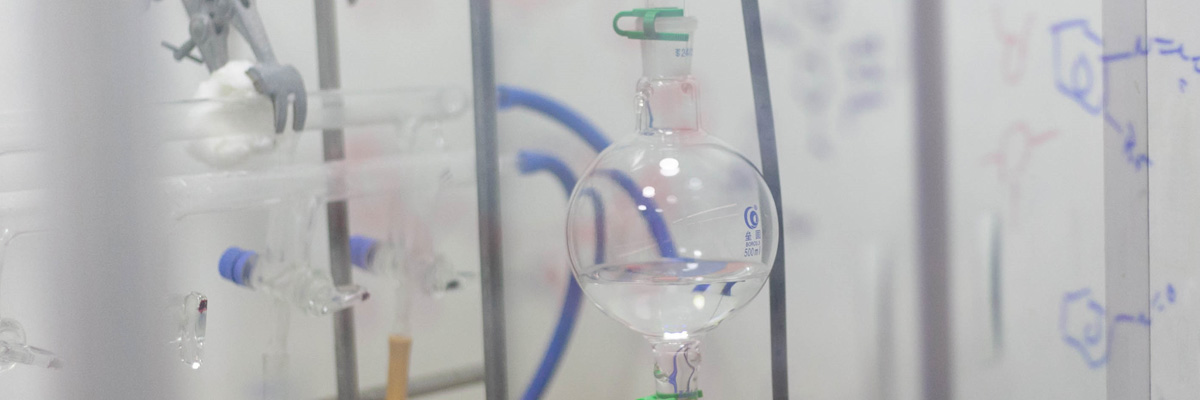



.jpg)

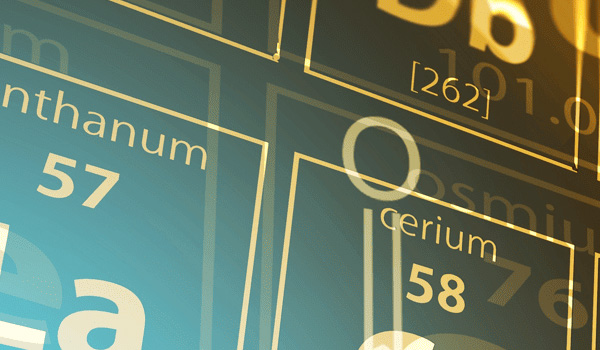
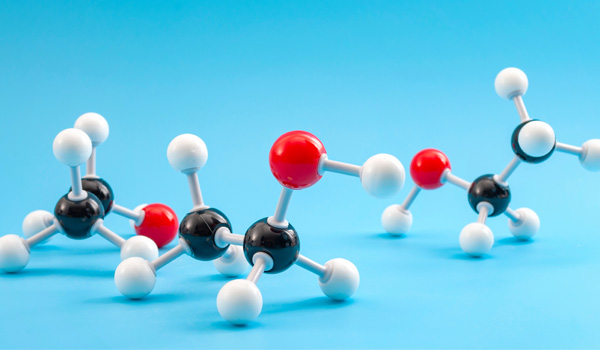
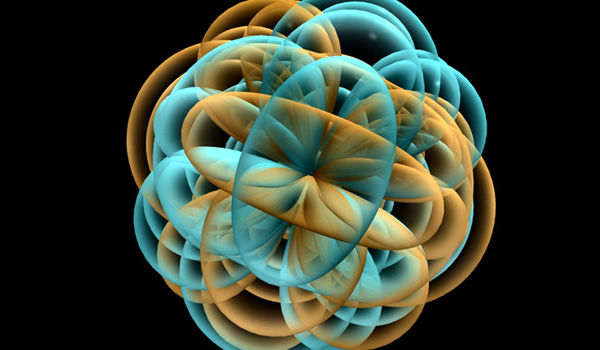
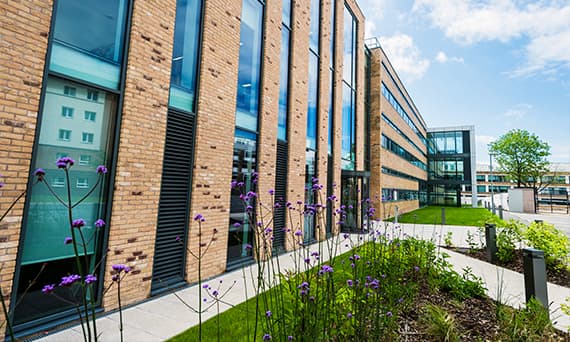
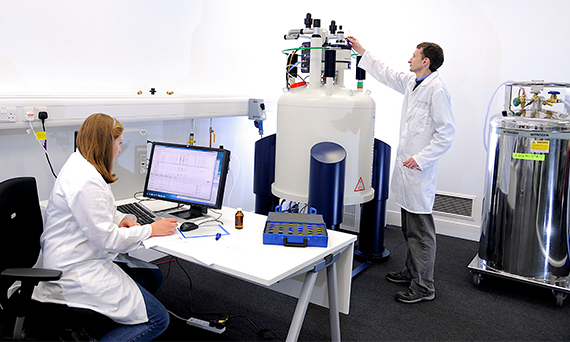
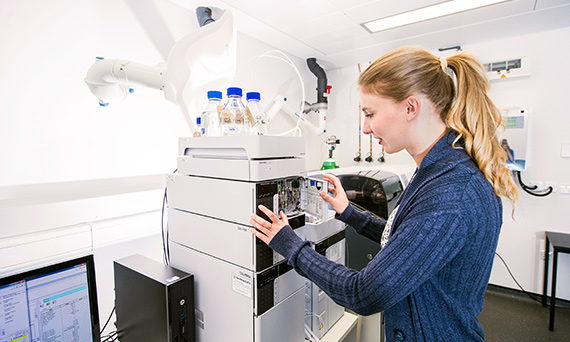
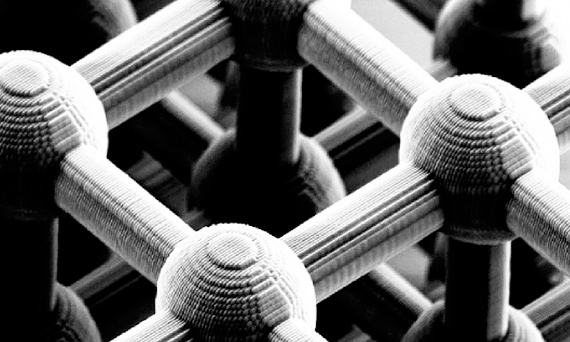
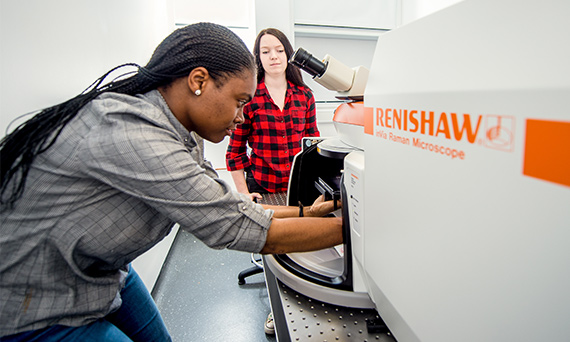
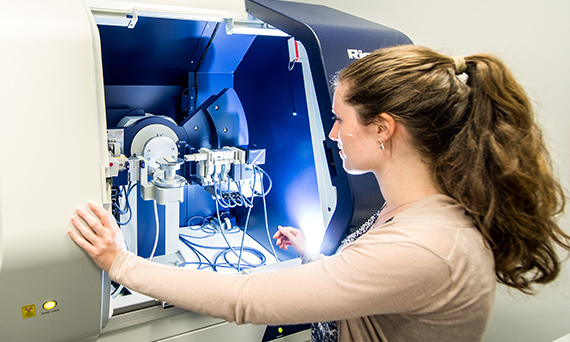
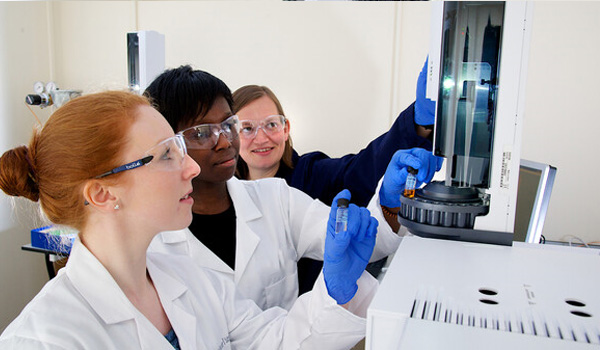
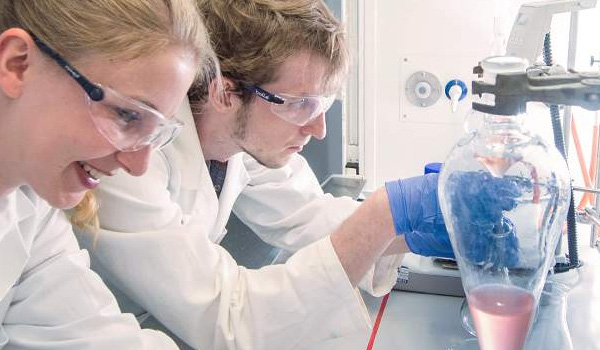
.jpg)




